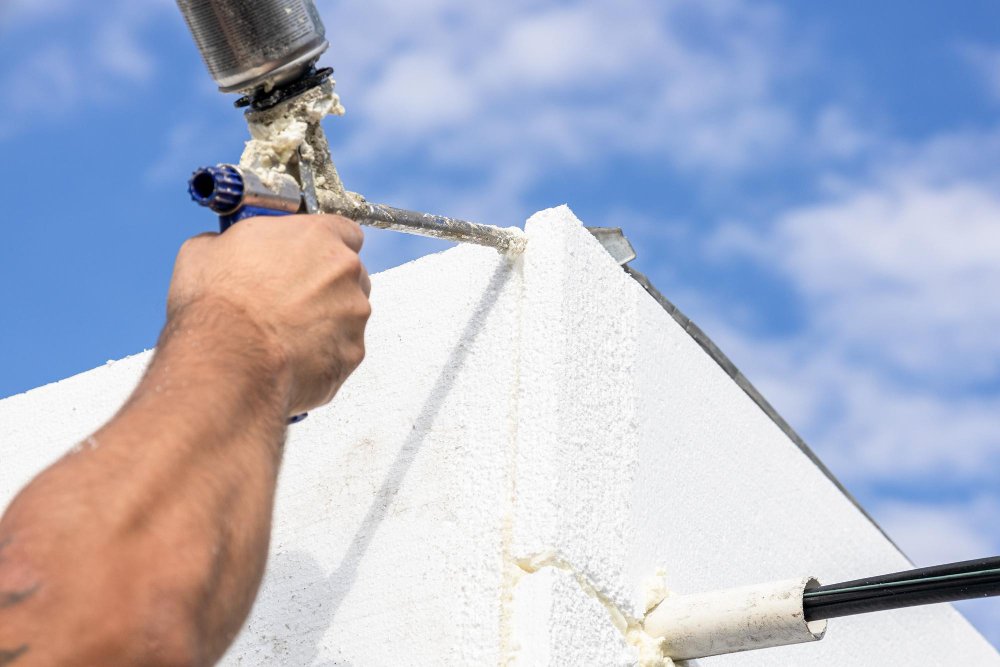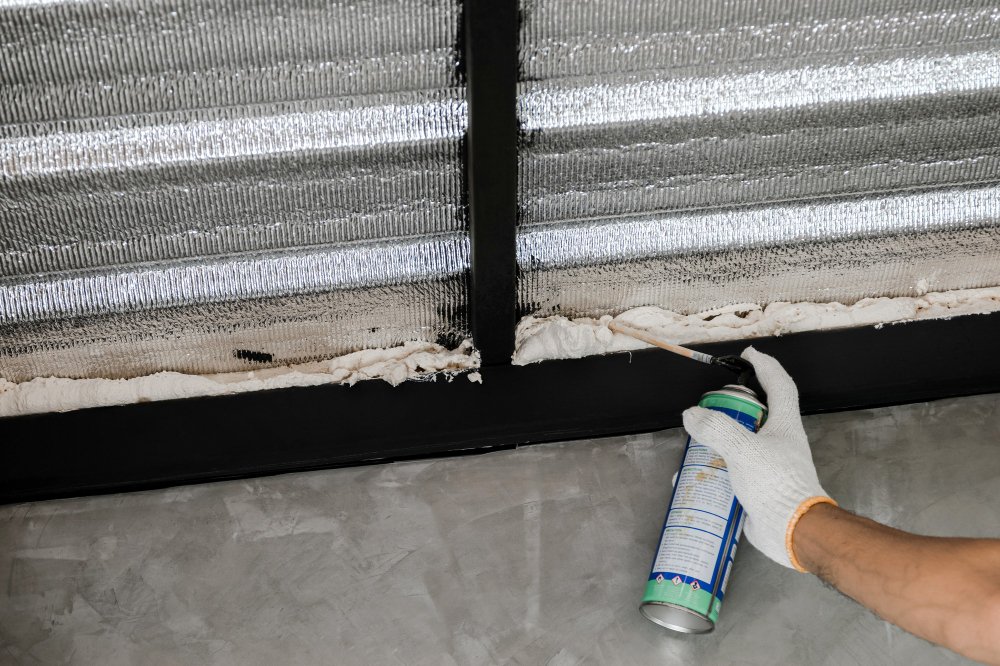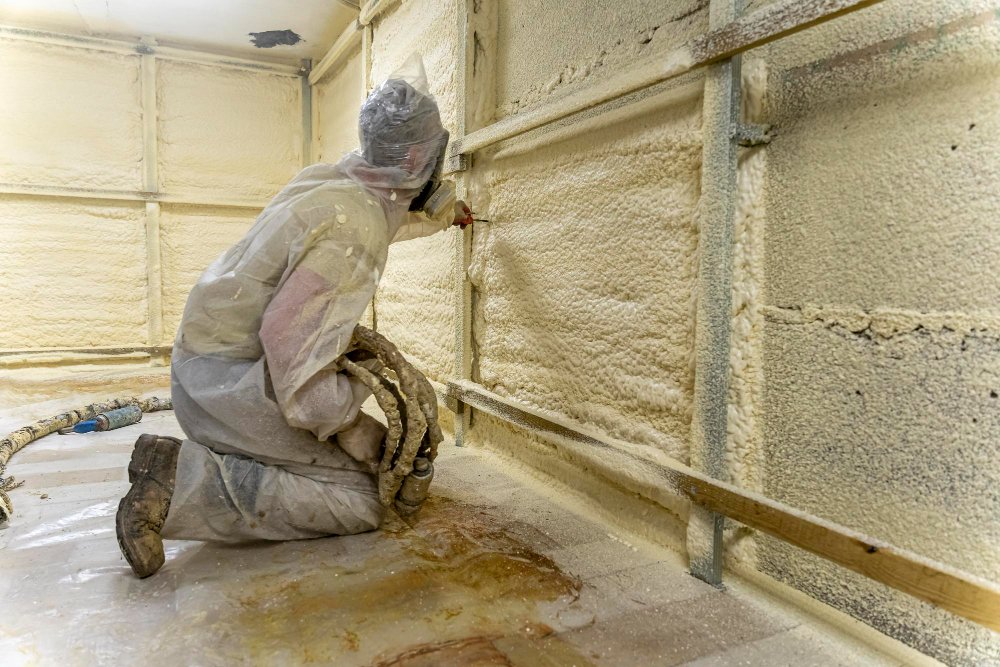Essential Information You Should Know about Spray Foam Insulation
- Composition and Types: Spray foam insulation consists of polyol resin and isocyanate, expanding upon application into either open-cell or closed-cell foam, each with distinct properties and applications.
- Application Methods: It can be applied through spraying, using specialized equipment to cover surfaces efficiently, or injected into existing walls for retrofitting insulation in older structures.
- Benefits: Offers energy efficiency by creating an airtight seal, reducing air leakage and heat transfer, thus lowering energy consumption. It’s versatile, conforming to various surfaces, and has a long lifespan, maintaining effectiveness over time.
- Considerations: DIY kits are available but may pose challenges during installation. Hiring professionals ensures proper mixing and application, preventing issues like incomplete coverage or improper expansion.
Spray foam insulation is a product you can use to improve energy efficiency and thermal performance. It is the best option for insulating residential and commercial structures. The insulation product is applied as a liquid and expands into a hardened foam to form an airtight barrier. There are two main spray foam insulation types: open-cell and closed-cell. Here is the vital information about spray foam insulation like Spray Foam Insulation in Fort Myers.
What is Spray Foam Insulation
These insulation products are materials that expand upon application. It contains two main components: polyol resin and isocyanate. These elements can react when mixed to produce a foam substance. The foam can be either open-cell or closed-cell, each with different properties and application processes.
Types of Spray Foam Insulation

Open-Cell Spray Foam
Open-cell spray foam is effective because of its lighter and softer structure. The cells in the foam are not closed completely, which allows air to fill the open spaces. This type of insulation is the best for soundproofing. It can also be used in interior walls and ceilings.
Closed-Cell Spray Foam
Closed-cell spray foam has a denser structure with cells that are completely sealed. This results in a higher R-value per inch, and it provides superior insulation. This type also acts as a moisture barrier, making it the best for areas prone to high humidity or water exposure. This insulation product is used in exterior applications like roofing and foundations.
Application Methods
Spray Application
The most common method of applying spray foam insulation is through spraying. You will use a specialized spray gun to mix the two components and pour the resulting foam onto the desired surface. This method is efficient for both open-cell and closed-cell foams. It allows good coverage, filling even the most minor gaps.
Injection Application
In some cases, spray foam insulation can be injected into existing walls. This method helps retrofit insulation into older structures. Injection application ensures thorough coverage and helps enhance the energy efficiency of buildings without significant renovations.
Benefits of Spray Foam Insulation

Energy Efficiency
One of the benefits of using this material is its energy-efficient nature. It prevents air leakage and heat transfer by creating an airtight seal. This will reduce the workload on heating and cooling systems. This can cause energy savings over time.
Versatility
The adaptability of spray foam insulation is demonstrated by its capacity to curve to uneven surfaces and forms. You can apply it to walls, roofs, attics, and crawl spaces, providing good coverage. This adaptability makes it a valuable solution for various construction and insulation needs.
Longevity
Properly installed spray foam insulation can have a long lifespan. It doesn’t sag or settle over time, maintaining its effectiveness for years. This longevity contributes to the sustainability of the building. It can also reduce the need for frequent replacements or updates.
Conclusion
You should know that DIY spray foam kits are available. However, learning the difficulties involved in proper installation is crucial. Therefore, consider looking for an expert to help you during the application process. Hiring a professional ensures the correct mixing and application of the foam. This will prevent issues like improper expansion or incomplete coverage. Before considering the spray foam insulation process or using products like Spray Foam Insulation in Fort Myers, you should have this basic knowledge.

















